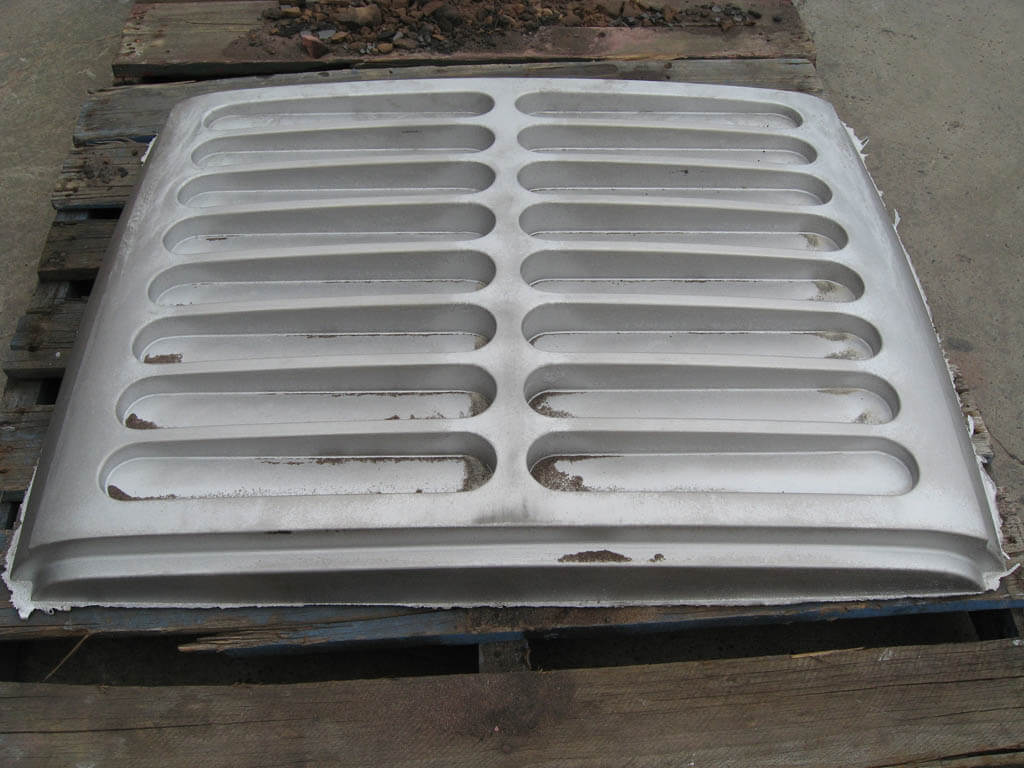
Non-Ferrous Castings: The Ideal Choice for Vacuum Moulding Dies
Learn why non-ferrous castings are the ideal choice for vacuum moulding dies. Trust TP Castings for high-quality, precision-engineered casting solutions.
Vacuum moulding is a key manufacturing process for producing detailed, high-quality components. Precision and durability are essential, and the material chosen for moulding dies is crucial to success. Non-ferrous castings, including aluminium, brass, bronze, and copper alloys, are ideal due to their heat resistance, corrosion resistance, and machinability, ensuring long-lasting performance.
Types of Non-Ferrous Castings Used in Vacuum Moulding Dies
Non-ferrous castings include metals known for withstanding high temperatures, resisting corrosion, and maintaining strength under demanding conditions in vacuum moulding dies. Below, we explore the key types of non-ferrous castings commonly used in vacuum moulding dies.
• Aluminium Castings – Aluminium is a popular non-ferrous metal used in vacuum moulding dies due to its lightweight nature, making handling easier. It also has excellent thermal conductivity, essential for high-temperature moulding processes. Additionally, aluminium’s resistance to oxidation and corrosion ensures long-lasting performance, reducing maintenance needs.
• Brass and Bronze Castings – Brass and bronze castings are popular choices for vacuum moulding dies due to their exceptional wear resistance and strength. Brass, composed mainly of copper and zinc, offers good corrosion resistance and is valued for its ease of machining and durability. Bronze, an alloy of copper and tin, is stronger and more wear-resistant, making it ideal for high-precision moulds, while both materials provide excellent casting fluidity for intricate designs.
• Copper Alloys – Copper alloys, such as copper-nickel and copper-aluminium, are frequently used in vacuum moulding die production due to their excellent properties. These alloys provide superior thermal conductivity, which helps maintain temperature control during the moulding process, ensuring consistent product quality and integrity. Additionally, copper alloys are highly resistant to corrosion, making them durable and functional over their service life, even in challenging environments.
Comparing Non-Ferrous Castings to Ferrous Castings for Vacuum Moulding Dies
Non-ferrous castings offer significant advantages over ferrous castings for vacuum moulding applications, including better corrosion resistance and lower thermal conductivity. Materials like aluminium and bronze are lighter, more resistant to oxidation, and have improved machinability, allowing for precise designs. These benefits make non-ferrous castings a more efficient and cost-effective choice for industries requiring high-quality, durable components.
Why Choose TP Castings for Your Non-Ferrous Casting Needs
With over 35 years of experience, TP Castings is a leading manufacturer of high-quality non-ferrous castings, specialising in precision-engineered solutions for various applications. Our family-run business is known for producing durable, high-standard castings, including those for vacuum moulding dies. Trust us for reliable, long-lasting solutions to enhance your vacuum moulding processes.
Unlock expert insights on non-ferrous metal casting by exploring our comprehensive guide on the dos and don’ts at our blog: Do’s and Don’ts in Non-Ferrous Metal Casting.

